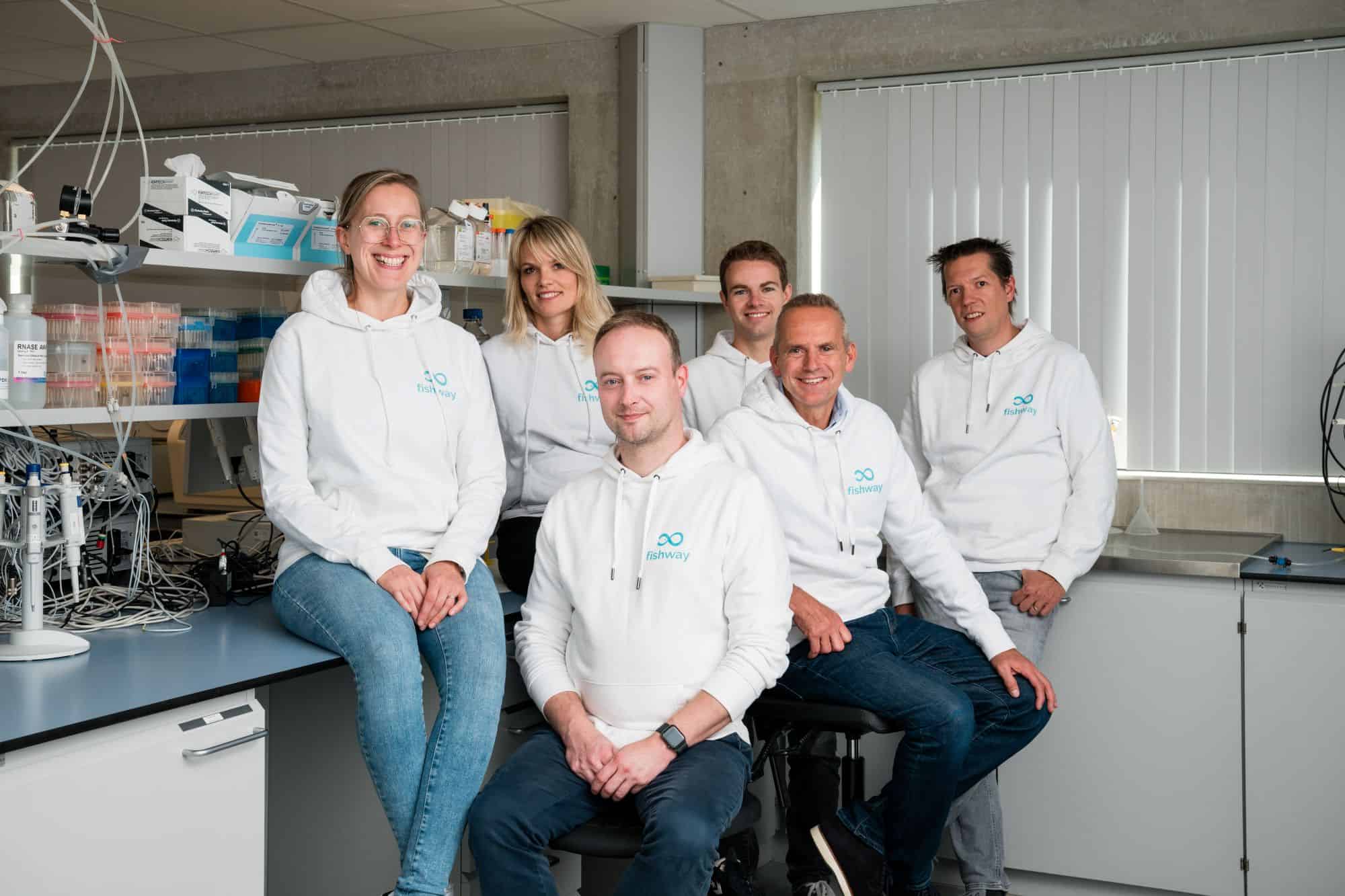Meatable, a company specializing in cultivated meat technology, announced its collaboration with three global organizations dedicated to advancing sustainable food systems: Food Tank, The United Nations Global Compact, and The Hunger Project. This partnership is part of Meatable’s ongoing efforts to address the environmental and societal challenges of global food production.
“We recognize that real progress requires collaboration, not competition”
The world’s population is projected to reach nearly 10 billion by 2050, which will significantly increase the demand for protein. Traditional livestock farming, however, relies on large amounts of land, water, and energy, and is a major contributor to greenhouse gas emissions and deforestation. As the environmental costs of food production rise, alternatives like cultivated meat, which aims to reduce these negative impacts, are being seen as a potential solution.
Danielle Nierenberg, co-founder of Food Tank, recently spoke at a Meatable-hosted event, stating, “For so long, technology was seen as a negative in the sustainable agriculture movement. But we’re seeing a shift now. Innovation and technology can be an important part of the solution—though not the only solution.”

Empowering communities and combating hunger
Food Tank, a nonprofit organization focused on solving hunger, malnutrition, and climate-related issues, works to increase attention on innovative agricultural practices. The organization calls for more research and investment into sustainable food systems, which it argues are essential for addressing global challenges.
In addition to supporting Food Tank and the UN Global Compact, Meatable is working with The Hunger Project, a global nonprofit that partners with communities to build self-reliance and end hunger. The organization focuses on empowering women and collaborating with local governments to achieve long-term, sustainable change.
Meatable’s CEO, Jeff Tripician, commented, “As a company dedicated to transforming the global food system, we recognize that real progress requires collaboration, not competition. By supporting these respected organizations, we’re not only showing our commitment to impact—we’re investing in a shared vision of a food system that feeds everyone, fairly and sustainably.”




